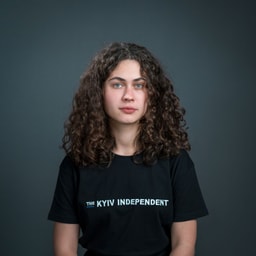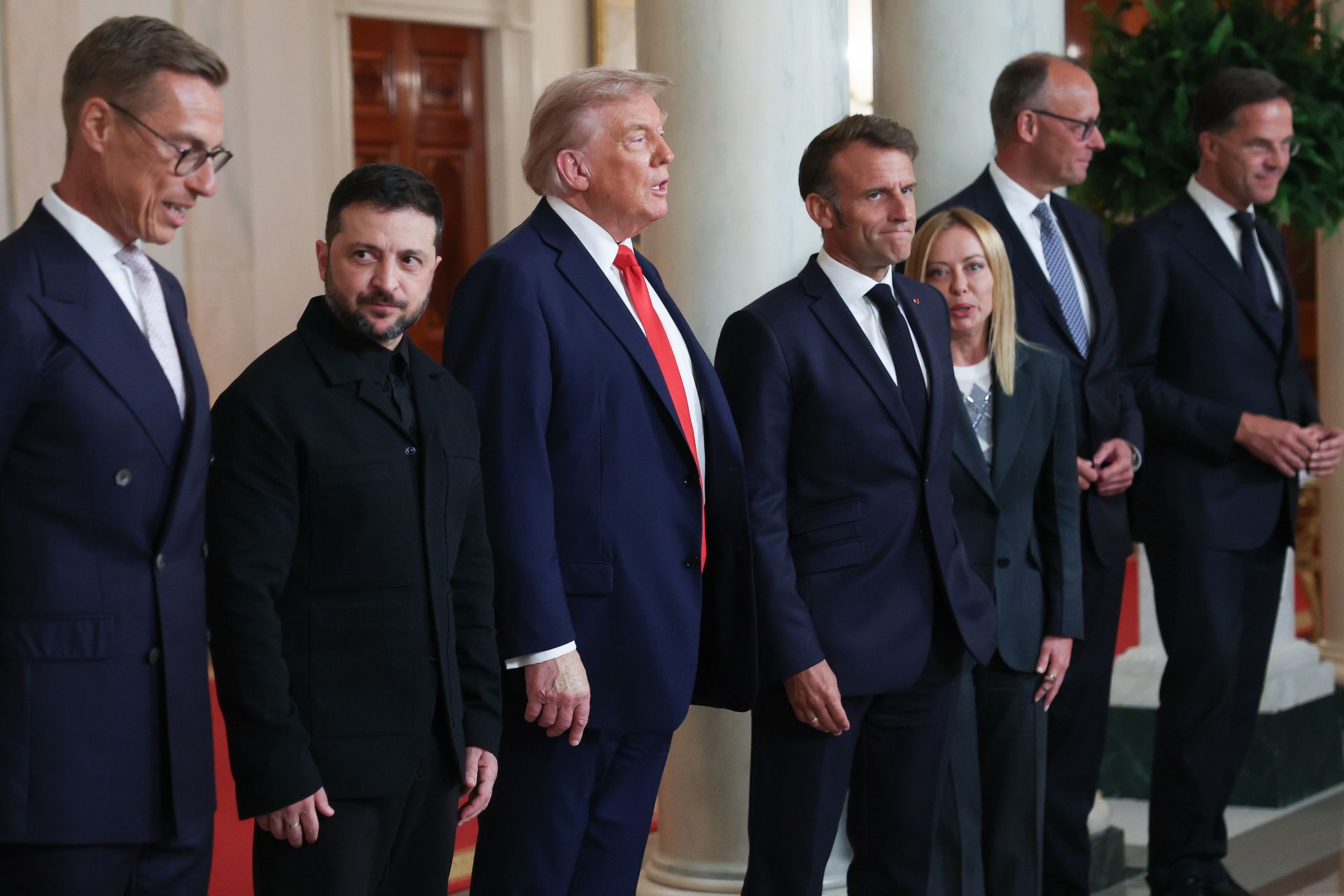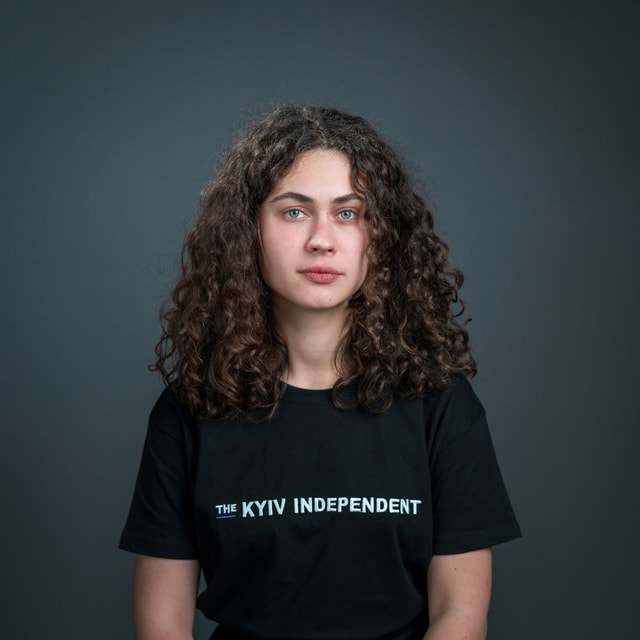EU member states ready to deploy military instructors to Ukraine after potential truce, Kallas says

European Union defense ministers have nominally agreed to deploy military instructors to Ukraine after a hypothetical future cease in hostilities with Russia, EU top diplomat Kaja Kallas said on Aug. 29.
Kallas met with the ministers in Copenhagen on Aug. 29 to discuss several issues, including plans for security guarantees for Ukraine.
The meeting came the day after an EU mission building was damaged in a Russian strike on Kyiv on Aug. 28.
"I welcome that there is broad support today to expand our EU military mission mandate to provide training and advice inside Ukraine after any truce," Kallas said, as quoted on the European External Action Service website.
"We are the largest provider of training to Ukraine's military. We have trained over 80,000 soldiers so far, and we must be ready to do more. Ministers were clear that the security guarantees for Ukraine must be robust and credible," she added.
During peace talks between U.S. President Donald Trump, President Volodymyr Zelensky, and European leaders held in Washington on Aug. 18, leaders pressured Trump to support Ukraine with adequate security guarantees.
Discussion on such measures, designed in theory to prevent a repeat Russian invasion of Ukraine once a peace deal is reached, returned to the limelight after Trump dropped demands for Moscow to agree to a 30-day unconditional ceasefire.
President Volodymyr Zelensky said on Aug. 28 that security guarantees will be "set out on paper next week."
What form security guarantees will take is still up for debate.
One of the earliest iterations floated was the idea of a French and U.K.-led multinational "reassurance force" under the banner of the Coalition of the Willing, though multiple other options have been raised since.
Moscow has repeatedly made it clear that it will not tolerate the presence of European boots on the ground in Ukraine as part of a peace settlement.
According to Italian Prime Minister Giorgia Meloni, a robust security mechanism inspired by NATO's Article 5 remains the main guarantee under consideration, though what this would look like in reality remains murky.
A report by the Financial Times on Aug. 26 said the U.S. was prepared to back a European-led peacekeeping contingent in postwar Ukraine by contributing intelligence assets, air defense support, and battlefield oversight.
Another option under discussion, according to Politico, is a European-backed 40-kilometer buffer zone as an option for a ceasefire or postwar arrangement between Ukrainian and Russian forces.
A source in Ukraine's President's Office told the Kyiv Independent that these are simply a handful of the multiple different plans currently being discussed, with none of them close to being decided upon.











